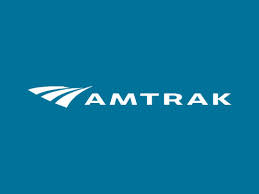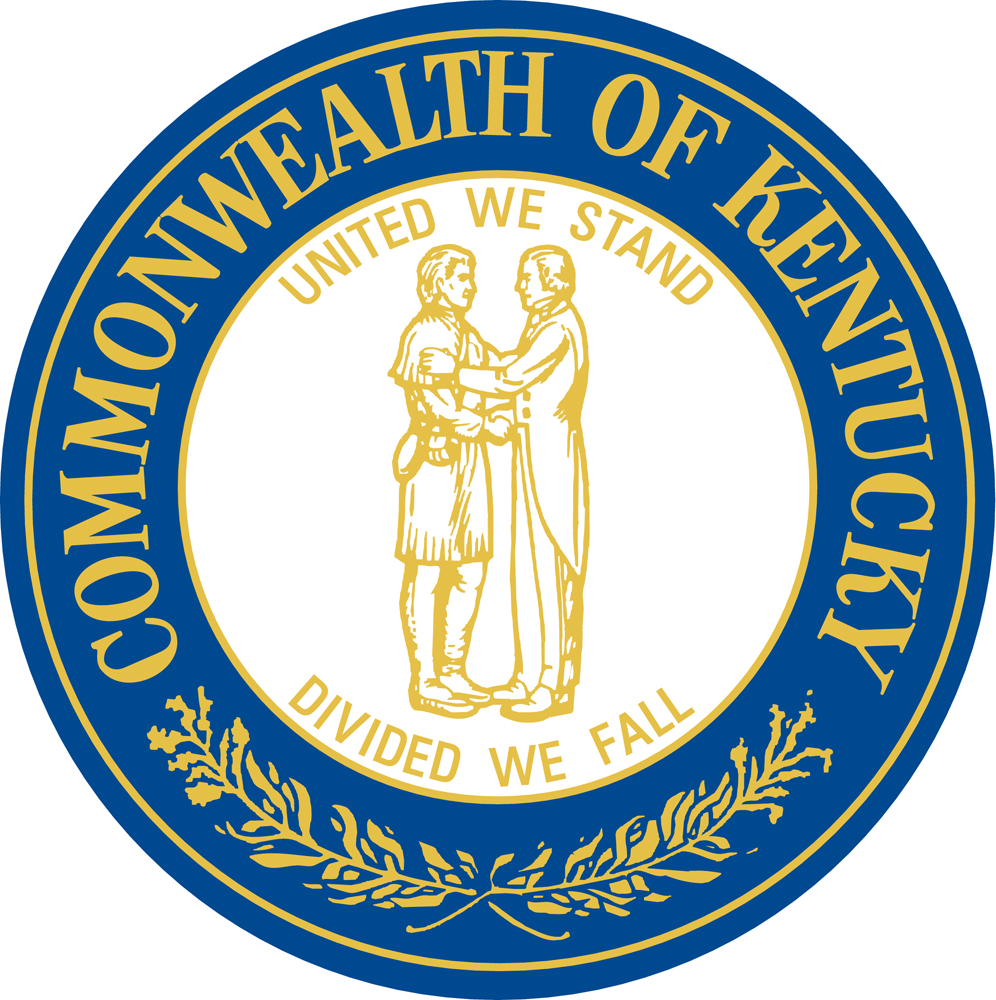Amtrak Office of Inspector General investigators previously found that Guiqiong Xiao Gudmundsen, 53, aka “Kimi” Gudmundsen, the owner of Healthy Life Acupuncture Center, deliberately targeted Amtrak employees in a “multifaceted and pervasive” fraud scheme, according to court documents. In total, Gudmundsen billed Amtrak’s health care plan for more than $7.1 million, about $3.8 million of which was deemed fraudulent, according to government estimates in the plea agreement.
During a nearly seven-year period from January 2008 to December 2015, Gudmundsen recruited Amtrak employees to visit her acupuncture facilities in Riverside and Los Angeles. She repeatedly billed Amtrak’s health care plan for services that were not performed or provided to people not covered under Amtrak’s plan, services like massages and facials that were medically unnecessary, double-billed to other insurance plans, or falsely billed in ways that would result in higher reimbursement rates.
Gudmundsen’s bills to Amtrak’s health care plan were so frequent and costly that, at the peak of her fraud scheme, she was ranked 32nd among all health care providers that billed the plan. In fact, according to billing data, Gudmundsen charged more to Amtrak’s plan than Mount Sinai Medical Center in Chicago (number 33) and Johns Hopkins Hospital in Baltimore (number 39).
“We have dedicated agents across the country who are continuously investigating and helping to build cases against criminals like Gudmundsen who target Amtrak’s resources,” said Amtrak’s Inspector General, Kevin Winters. “We are very proud of our investigative team, partner agencies, and Department of Justice professionals who helped bring this case to resolution.”
In December 2019, the OIG released an audit report that examined Amtrak’s internal controls for mitigating the risks of fraud in its payments to non-hospital facilities like Gudmundsen’s. Auditors found that Amtrak continues to be exposed to potential fraud in its medical claims payments and has explored but not secured a capability to proactively analyze its payments for fraud.
In the report, the OIG found that there were 191 facilities that exhibited billing patterns indicative of fraud, but the company had not flagged the associated claims for further review. Because Amtrak is self-insured and pays medical claims from its operating budget, this put an estimated $57 million paid to these facilities at risk, according to the report.
Amtrak management agreed with the report’s findings and committed to working with its insurance claims administrator, Aetna, to identify fraudulent claims and seek recovery. Additionally, the company is exploring ways to address issues within its health care plan to better identify and protect against fraud.
In addition to Amtrak OIG, the Gudmundsen case was investigated by IRS Criminal Investigation, and the U.S. Department of Labor, Employee Benefits Security Administration. Scott D. Dubois and Jenna Williams, Assistant United States Attorneys for the Central District of California from the General Crimes Section, prosecuted the case.
More information is available online.
— From an Amtrak Office of Inspector General news release. Feb. 5, 2020.















I hope so. I never liked the crazy new food menus,
Aetna is a private insurance company. The system is self funded, but run just like private insurance by a private company.
You’re right Mike.
Stop the government bashing already. That tired old dog doesn’t hunt. Aetna was the third party administrator, so it was a private insurance company running the program. Yes, a third party administrator does approve and deny claims and look for fraud. The fraud was discovered by the Amtrak IG. The system ultimately worked. Blame the fraudster, not Amtrak.
Yes, ANY insurance, private or government, can be bilked and defrauded.
The difference is cheat a private insurance and the insurance company can try to get their money back thru costly court litigation. CHEAT THE GOVERNMENT and your local US Attorney shows up with the FBI to put you in jail. Big difference.
The government CAN handle our medical care better. Medicare has the lowest cost of any major medical plan. By a lot. When my mother went on Medicare at 65 she loved it. Less bureaucracy and hassle.
There’s little excuse for a self insured entity of any sort to fail to reign in costs by pursuing fraud. This is the low hanging fruit. Lots of large entities probably have this problem.
I got involved in this fraud, but nothing was done and the platform work is complete. Shameful.
Mr. Petit, I noticed the same thing. At one point I believe we were not to comment about it. They eventually blocked out the workers. I find it odd that after all that time they still have to use the stepstool to board the train..
What ticks me off is that the fraud went on for 8 years before it was uncovered. Also, this is the norm when it comes to government fraud.
Good Point Mr, Turon! If Amtrak has the funds for this surely they can feed their passengers properly!
I am sure $3.8 million could fix a few cars in Beech Grove.
Now hopefully they will investigate the construction fraud at the rebuilding of the La Plata, MO platform. Took nearly 2 years (a 30 day job) and created a platform that is only partially usable. The western half of the new platform is labelled “no boarding” because it is constructed too far from the track. Fraud is rampant at Amtrak.
WoW! Now we can afford to get food service back!
Additionally the government, in the form of the Amtrak OIG did discover it and secured convictions and possibly some restitution.
Aetna is the plan administrator, and they are not the government. Does Aetna have incentives to reduce fraud, or do they just approve/decline claims based on plan criteria and collect their fee?
ANY insurance, private or government, can be bilked and defrauded if the person doing it is creative enough. But they usually get caught if they’re too greedy.
Administrative costs for private health insurance averages 17% of premiums. Administrative costs for Medicare (the government) are 3%.
And there are people out there that think that the government can better handle our medical care. Well Amtrak is the government and this is an example of how they are going to do it.